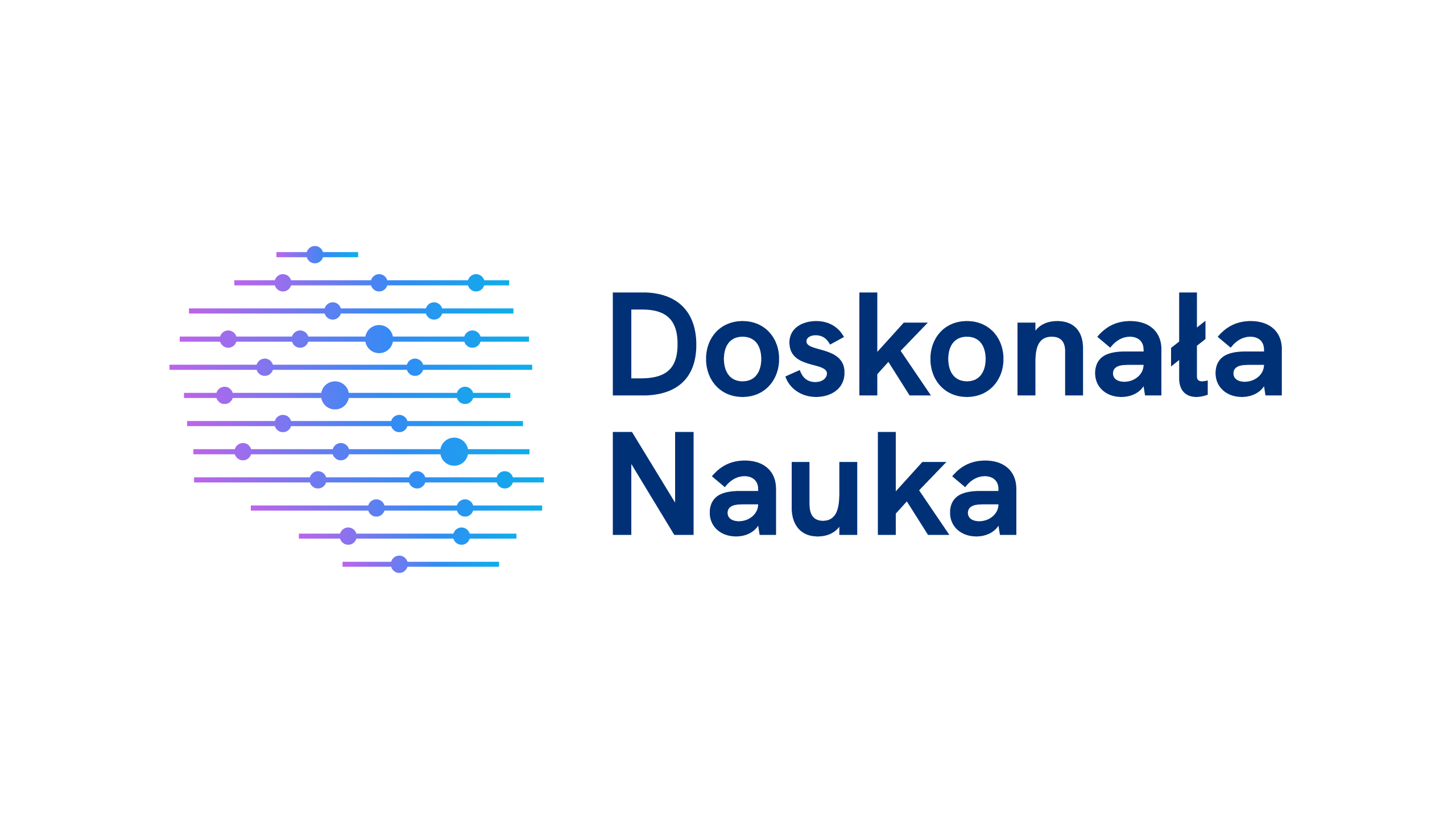Stefan Rauch
Driven cofactor systems of Newton equations and separability of time dependent potentials
By Newton equation we mean equation of the form $d^2q_r/dt^2 = F_r(q_1, \ldots q_m ; q_{m+1} \ldots q_n)$ , $r=1, \ldots ,m+n$ , that is acceleration = force not depending on time or velocities. It is driven when it has the form $d^2y/dt^2= N(y)$, $d^2x/dt^2= M(y,x)$ with $(x,y)=(q_1, \ldots q_m ; q_{m+1} \ldots q_n)$ in which a solution $y(t)$ of the first $y$-subsystem "drives" the force of the second $x$-subsystem, called "driven" equation.
Theory of such equations becomes interesting when there are known one or two energy-like integrals of motion (which are quadratic in velocities) of cofactor type. If Newton equation admits two such quadratic cofactor integrals then this Newton equation is completely integrable and is separable in a non-standard sense. If the whole Newton system has only one quadratic cofactor integral then it has further $n+1$ quadratic integrals, due to special structure of equations. In particular the driving subsystem $d^2y/dt^2= N(y)$ inherits a quadratic cofactor integral of motion depending only on $y$-variables.
When a solution $y(t)$ of the driving subsystem is known and the driven subsystem force has a potential, then for $x(t)$ one obtains a system generated by time dependent potential $d^2x/dt^2= M(y,x)=-grad_xV(y(t),x)$. It appears that such system has separable time-dependent Hamilton-Jacobi equation and is solvable by natural extension of the Stäckel separability procedure. It gives rise to time-dependent separation variables. This procedure is illustrated by a simple example.

